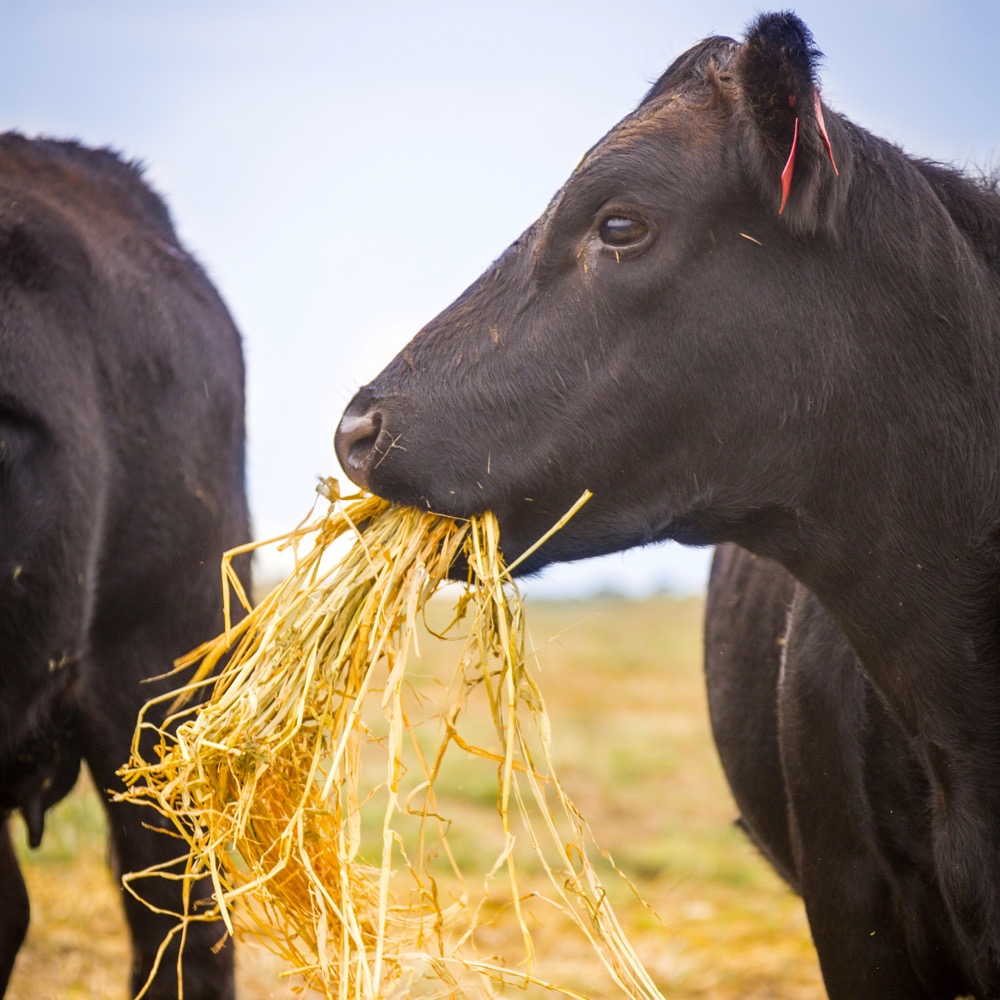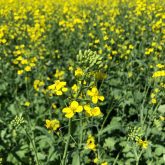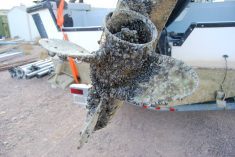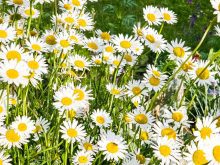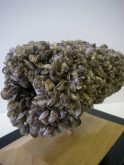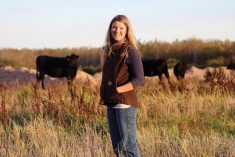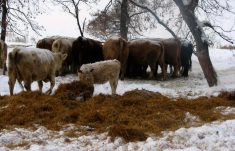A program aimed at preventing the spread of invasive and noxious weeds via hay is getting a second shot.
Alberta’s first go-round with a Certified Weed Free Forage program a decade ago never fully took off but the Alberta Invasive Species Council has revived the initiative.
“Use of certified weed-free forage is a best management practice, benefiting both private and public land managers,” a council fact sheet on the program states. “Preventing the introduction and spread of invasive species is one of the most effective ways to manage them.”
Read Also

Farming Smarter receives financial boost from Alberta government for potato research
Farming Smarter near Lethbridge got a boost to its research equipment, thanks to the Alberta government’s increase in funding for research associations.
The organization has provided specific training to 45 weed inspectors across the province and those employed by 11 participating counties are available to conduct inspections. An inspector does a walk-through of fields (prior to cutting) and any forage storage areas to ensure invasive species are not present.
“Invasive species may be present in a field certified as weed free if there are no propagative plant parts (e.g. flowers, seed heads, root fragments) present,” the council said in a release.
There are 75 regulated and prohibited noxious weeds in Alberta but there are many others listed by the North American Invasive Species Management Association, which sets the standards and protocols for Alberta’s certification program.
Counties can charge a fee but “it’s my understanding that none are doing so,” said Megan Evans, executive director of the invasive species council.
The inspection must be done within 10 days of cutting and producers have to purchase special twine (available from participating counties) for marking the bales as certified. The baled product must be stored and transported separately from non-certified forage.
Any producers who have certified weed-free forage they want to sell can contact the council and it will post their contact info on its website. The council says there is increasing demand for the product for use in parks and protected areas.
The 11 counties participating so far in the program and offering inspections are: Barrhead, Clearwater, Kneehill, Lacombe, Mountain View, Northern Sunrise, Parkland, Red Deer, Rocky View, Smoky Lake and the Municipal District of Bonnyville.
“If you produce forage in a municipality that is not participating in the program, but you are interested in having an inspection conducted, please contact the AISC and we will work to find a solution,” the council release said.
It can be reached at 587-999-0954 or [email protected]. Its website is abinvasives.ca.

